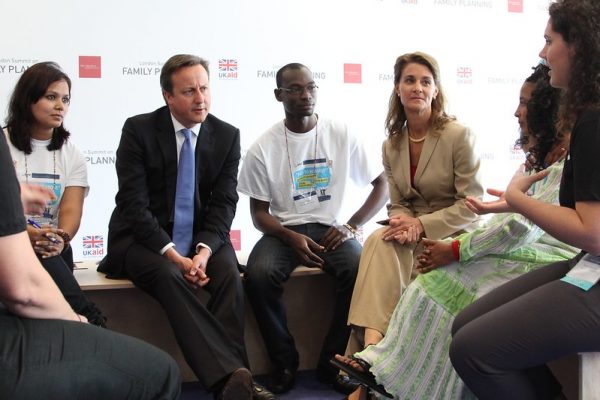
The recent news and research on student loans identify graduate degrees as a major culprit of mounting debt. Although 75% of people with student loans borrowed for an undergraduate degree, over 40% of the $1 trillion of student debt is a result of borrowing for graduate school. In a new paper, Jaymes Pyne and Eric Grodsky present trends of graduate student borrowing, who borrows, and the graduate wage premium.
Pyne and Grodsky look at 1996-2016 data from three nationally-representative datasets. They find that one trend is simply more people getting masters degrees — a result of what they call “a perfect storm” of changes to funding in higher education, a greater demand for higher credentials, and increased returns to graduate degrees. Masters students are also borrowing more to complete those degrees than past students. Across all degree types women, historically underserved students, and students of low socioeconomic background on average borrow more for graduate degrees than their counterparts. Graduate debt has especially risen among Black students.
Scholars of mobility worry about the large debts for Black graduate students. Carrying lots of student loan debt may prevent individuals from accruing wealth and perpetuate generational inequality. But the graduate wage premium, or the amount that a person makes as compared to a similar person without a graduate degree, is greatest for Black students. In short, we will have to wait and see whether borrowing for a graduate degree will turn out to be worth it.









